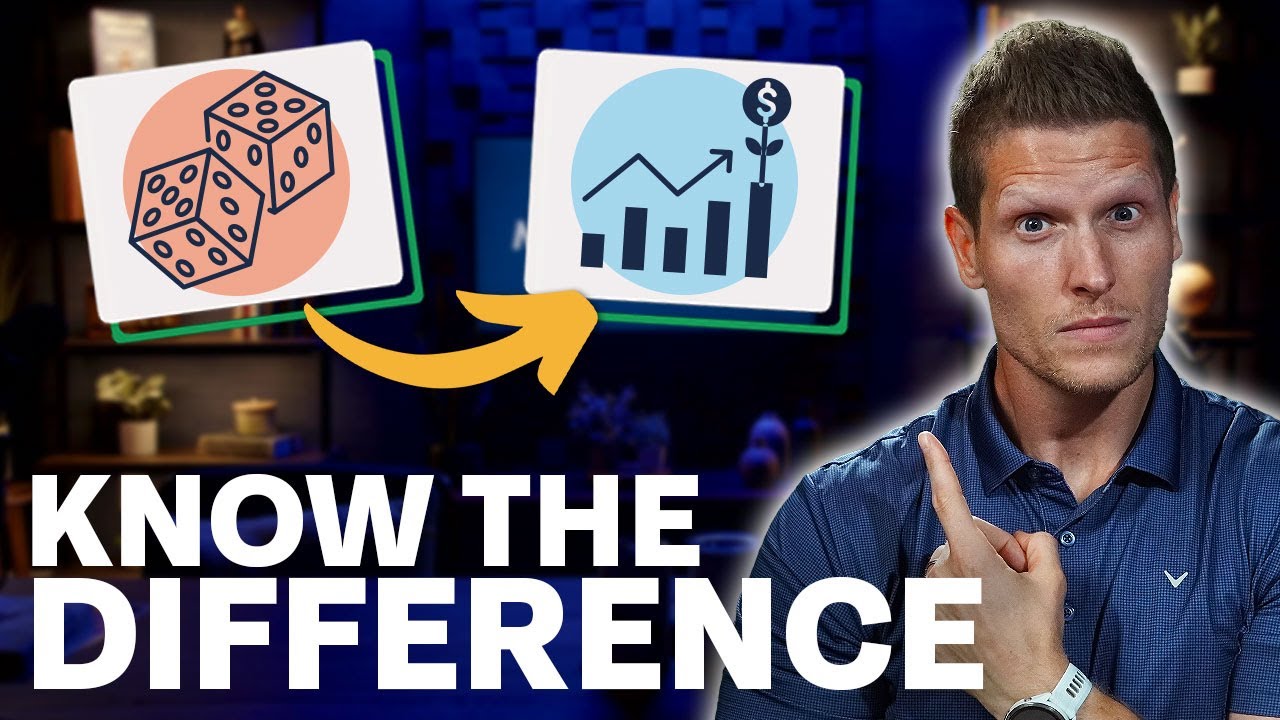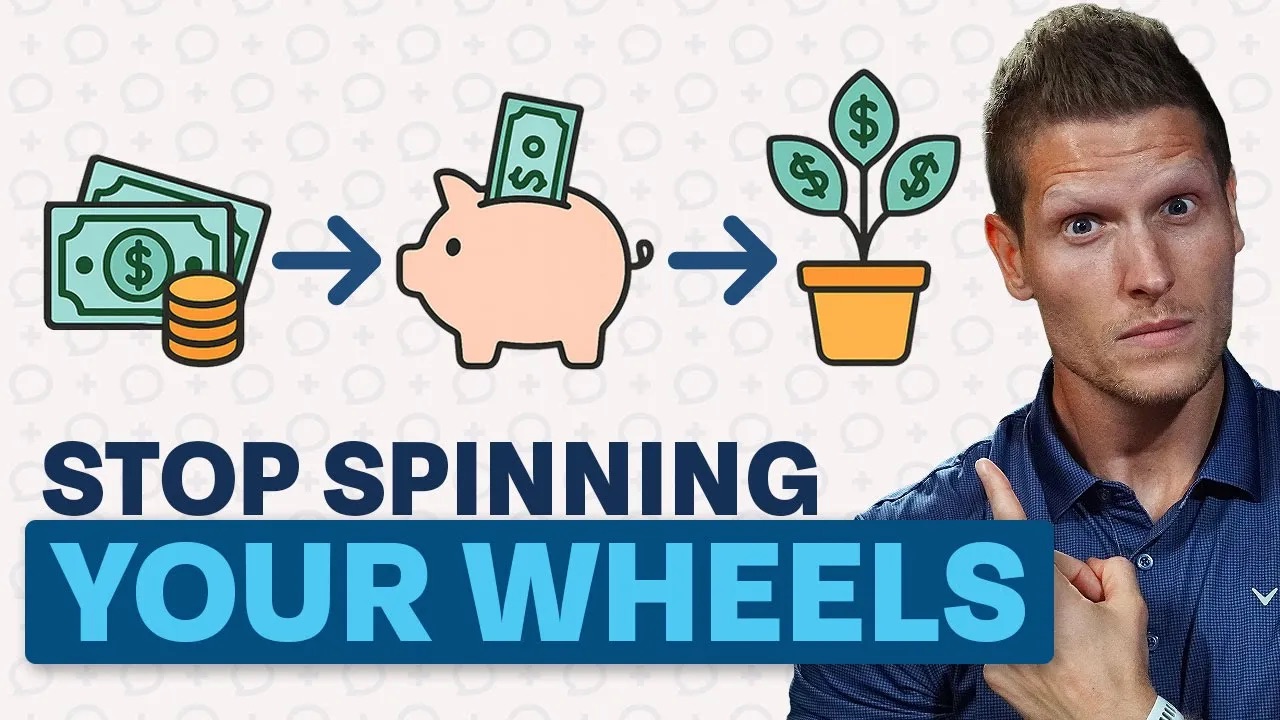He's in his mid-20s. Should I move out and pay rent, or continue investing 50 percent of my income and live with my parents as long as possible? This one needs some life advice guys. "Oh, okay. Oh, okay. I'm gonna..." Moe's reaction to that was even better than I was expecting. Okay, I guess this one. I feel so tormented on this one. So, let me think through this. I'm gonna speak to Benny, and I'm gonna let you probably talk to his folks, right?
It's great if you have a circumstance where you can live at below-market rent or nothing; that's pretty good financial planning for you. If you are then utilizing that saved money to build up your financial future, that's good financial planning on your part. However, you have to make sure that you are staying disciplined enough. If you are taking advantage of some of those things like parental-subsidized rent, health insurance, cell phone, or other necessities, ensure that the money you are not spending isn't going to lifestyle. Instead, use it to build up a foundation for when you do launch. I'm gonna stop there, Brian, because I think the advice for maybe the parents might be a little bit different. I want to bring it down to the basics.
A fulfilled life is a purposeful life, and one of the things I think about is that, if you reverse engineer this, once you're over a certain age and a certain level of success, you don't run up the scoreboard. That's why you diversify your assets, pay down debt (even if it's at a low interest rate) because you're trying to approach retirement from a more balanced approach. Well, I would bring this back to the beginning of the process. If that's if we're telling you to slow it down, to be more conservative, don't run up the scoreboard when you're older. For the younger person, I would ask you this. Yes, you have the opportunity to save 50% of your income, but I don't want you to get to the threshold of your 30s and go, "what did I have to show for my 20s?" And it's not about the net worth or balance sheet of your life; it's going to be important. Still, it's also going to be on you, looking back, and going, "Is that the way that my 50-year-old self is going to look back and go, 'man, I'm so glad that in my 20s, this is the way I did it'?" And if you are staying in the parents' house, you might be missing out; you're going to have a boatload of money sitting there, but you might realize as an older person with plenty of money but a lot less time in your future that maybe you'd have done your 20s a little differently. That's what I always tell people.
Here's an experience share I have: I was in college, and I took my first finance class because I was a finance major, and I was like, "This is too easy. If I stay on this path, I'm going to be cold calling all my middle-income relatives who are not going to hire me because I don't have any rich friends or any french relatives and all your baseball coaches." Yeah, you know, you know. That's going to last all of two weeks. I'm going to be back in the parents' house. So in college, I actually switched my major from finance to accounting because I looked around the University of Georgia, and I said, "What degree will give me a guaranteed job?."
Here's an experience I want to share: When I was in college, I took my first finance class as a finance major. However, I found it too easy and realized that if I continued down that path, I would likely end up cold calling my middle-income relatives who wouldn't hire me because I didn't have any rich or French relatives. Additionally, I realized that relying on my baseball coaches wouldn't last more than two weeks. This major was too easy, and I was probably going to be unemployed and back at my parents' house. So, I switched my major from finance to accounting because I looked around the University of Georgia and asked myself, "What degree will give me a guaranteed job?" The only major I could see in Georgia's business school that offered job security was accounting. Every accounting major that graduated from the University of Georgia had a job when they left. That gave me the assurance that I wouldn't be living with my parents. I had some college buddies, and I wanted to get out there and live on Peachtree Street with them, build a life, and take risks. That led me to start my first company.
Regarding going on a life journey, just as we talk about the 10,000 hours to build expertise in our profession, I believe there are also 10,000 hours of transition. My oldest daughter is currently in college, and in just one year, she has grown up and become a different person. When you leave the house, you need to have time away from your parents to become an independent person and know what makes you tick, what drives you, and what risks you want to take. You won't know that if you've insulated yourself so much that you're not challenging yourself. Therefore, I'm telling younger people to get out there and explore, figure out what you're the world's best at, and how you can build adventure into your life. When you're 50 or 60, you'll be glad you took those risks and got yourself out of your comfort zone.
For more information, check out our
free resources here.













